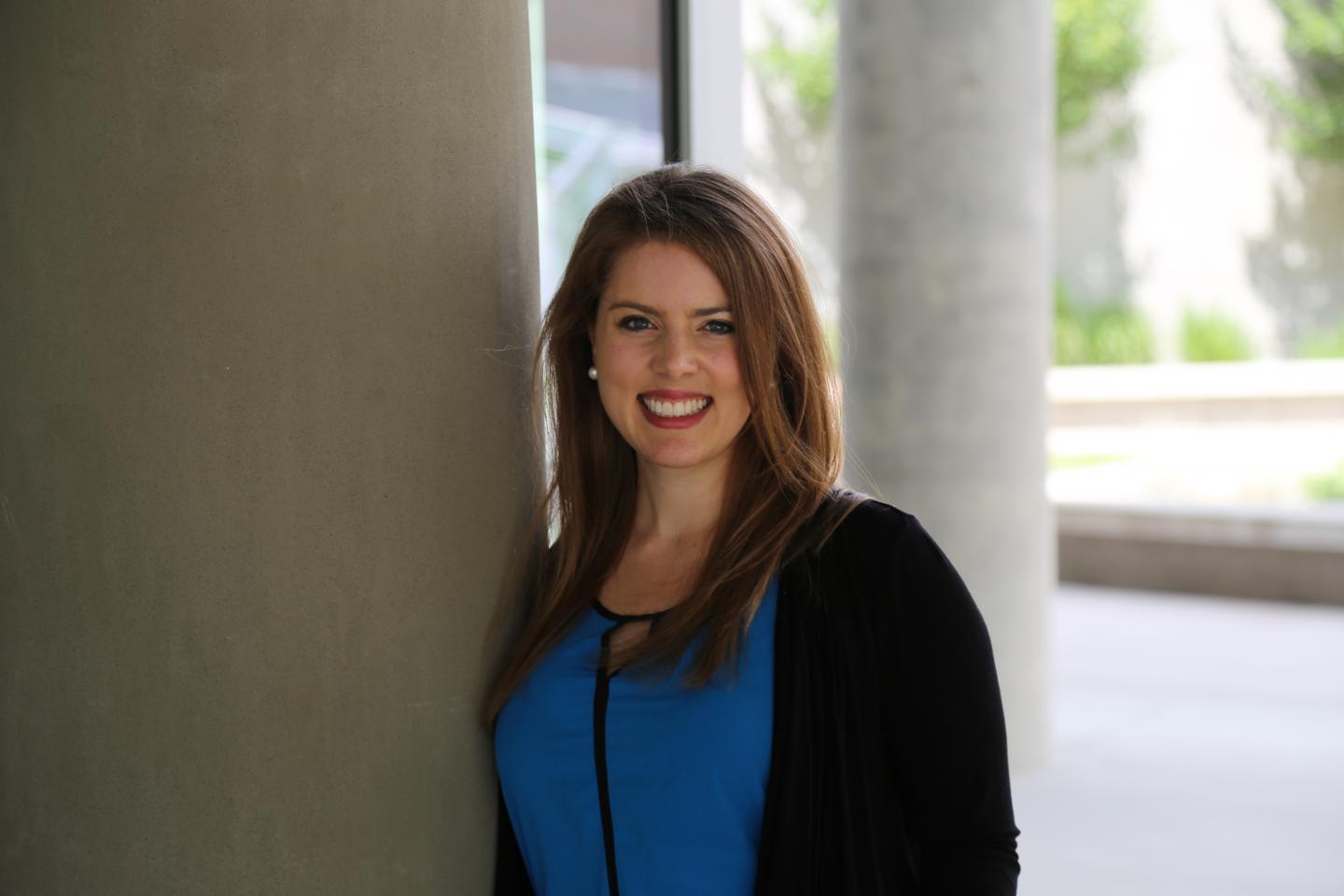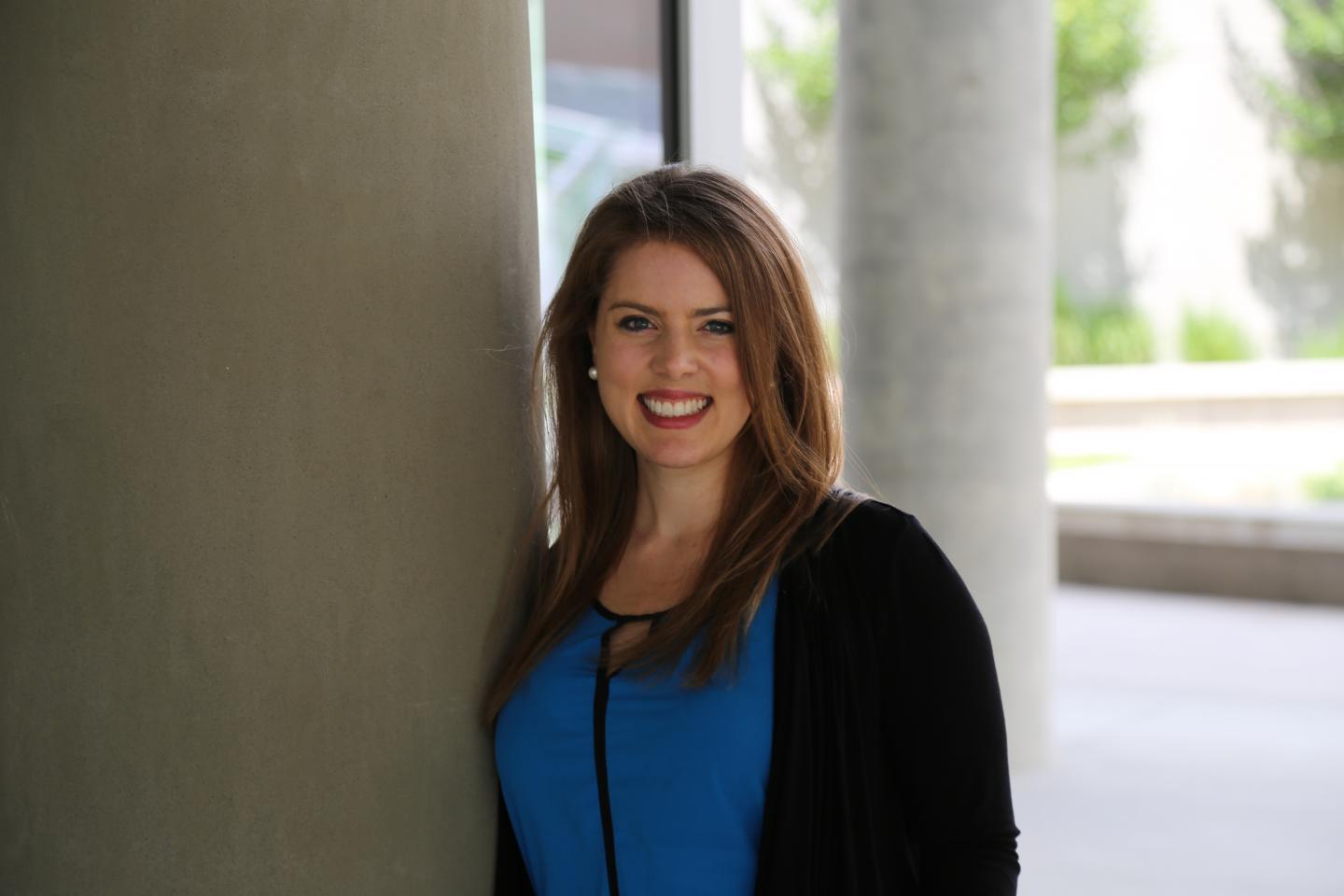
Credit: UBC Okanagan
Research shows the old adage 'teach someone to fish' instead of giving them a fish, rings true when it comes to helping people with Type 2 diabetes.
The objective was to identify the behaviour change techniques used in 54 dietary interventions to determine what works when it comes to helping people control their diabetes and lose weight, explains UBC Okanagan's Heather Gainforth, the study's senior author.
The study concludes if individuals are provided with healthy food, instead of leaving them to fend for themselves, they have a better chance of controlling their diabetes.
The international collaboration, that examined more than 42 years of research and thousands of studies, involved scientists from the National University of Ireland including faculty from its School of Medicine, College of Engineering and Informatics, and the Centre for Research in Medical Devices, along with researchers in UBC Okanagan's Faculty of Health and Social Development.
"We systematically looked at 54 clinical trials that aim to help people with Type 2 diabetes change their dietary behaviour," explains Gainforth, an assistant professor at UBC Okanagan's School of Health and Exercise Sciences. "And we discovered that interventionists were using 42 different ways to help people. While there wasn't one clear simple method, people with Type 2 diabetes were more successful when they were provided with healthy meals and when they had frequent contact with interventionists such as dieticians."
Kevin Cradock, the study's first author and an Irish Research Council postgraduate scholar at NUI Galway, says behaviour change techniques are methods to help people change their behaviour using a variety of techniques such as goals and planning or restructuring the environment.
"Changing the food environment is one of the keys to treating Type 2 diabetes," he says. "Before we change the food environment we need to look carefully at what it is and how it affects us."
The research team found three specific behaviour change techniques that can help individuals control their diabetes: problem solving, feedback on behavior, and social comparison. While comparing these techniques and specific components of dietary interventions, one thing became clear. If people are provided with healthy food and tools to help them follow their diet, they can be more successful.
"Without any support, behaviour change efforts can quickly fall apart," says Gainforth. "We need to be thinking about a better way to support people with diabetes. It may seem impractical to provide food and control the food environment. However, we need to examine the viability of providing healthy meals at the beginning of a program, followed by instruction and feedback as to how to choose, shop for and prepare these foods. Gradually, this approach may support people to prepare healthy meals independently."
Study co-author Francis Finucane says the study is consistent with their understanding that obesity and diabetes are complex neurobehavioral disorders. These disorders are strongly genetically determined and are susceptible to environmental factors.
"If Type 2 diabetes is a flood, rather than encouraging affected individuals to swim harder, we should seek to lower the water level," says Finucane, who is also an obesity physician at Galway University Hospitals.
###
The study, published last week in Diabetes Care, was funded by the Irish Research Council. It involved scientists and engineers from NUI Galway including faculty from the Schools of Medicine and Engineering & Informatics, the Human Movement Laboratory and the CÚRAM Centre for Research in Medical Devices, along with behavioural scientists from the University of British Columbia Okanagan's Faculty of Health and Social Development.
Media Contact
Patty Wellborn
[email protected]
250-807-8463
http://ok.ubc.ca/welcome.html
Related Journal Article
http://dx.doi.org/10.2337/dc17-0462





